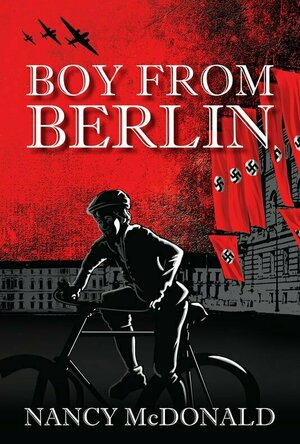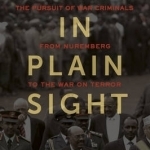
Hiding in Plain Sight: The Pursuit of War Criminals from Nuremberg to the War on Terror
Eric Stover, Victor A. Peskin and Alexa Koenig
Book
Hiding in Plain Sight tells the story of the global effort to apprehend the world's most wanted...
Holocaust Angst: The Federal Republic of Germany and American Holocaust Memory Since the 1970s
Book
In the face of an outpouring of research on Holocaust history, Holocaust Angst takes an innovative...
Heather Cranmer (2721 KP) created a post
Apr 16, 2021
Lindsay (1793 KP) rated Boy From Berlin in Books
Aug 23, 2020
The way this takes us on Kafer's journey from Berlin to England. Young readers will enjoy the adventure. They will also learn about what it was like to be Jew or some escaped from Hitler. You are pulled along with Kafer and his family. I was having a hard time turning the pages. There are surprises and twists throughout the book.
This was historical fiction read but it great for any historical fan. It one that I would recommend to pick up for middle-grade children and readers. Great for young readers as well. If you are into spies and World War 2 then this is a good book to pick and read. It is based on the true story of Kafer and his family. Though there is some fiction to it.
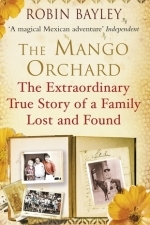
The Mango Orchard: Travelling Back to the Secret Heart
Book
As a child, Robin Bayley was enchanted by his grandmother's stories of Mexican adventures—of...

Memoirs of an Anti-Semite
Book
The elusive narrator of this beautifully written, complex, and powerfully disconcerting novel is the...
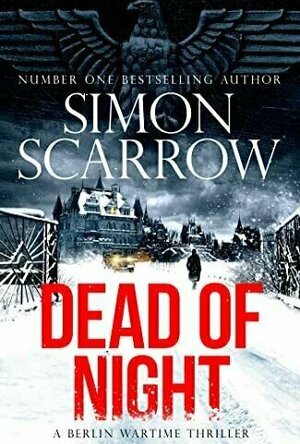
Dead of Night
Book
BERLIN. JANUARY 1940. After Germany's invasion of Poland, the world is holding its breath and...
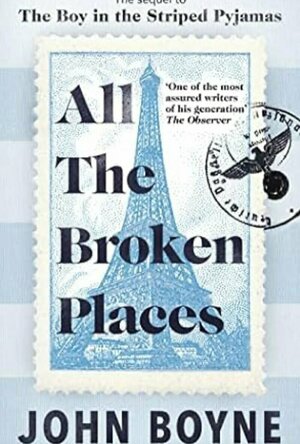
All the Broken Places
Book
From the author of the globally bestselling, multi-million-copy classic, The Boy in the Striped...
WW2 Post WW2
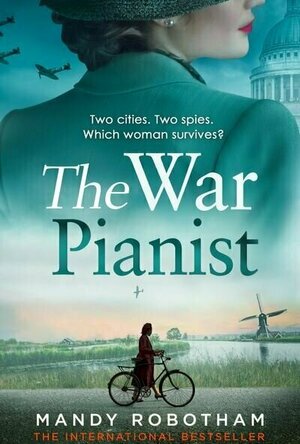
The War Pianist
Book
Pianist: NOUN. Informal. A person who operates or controls a radio transmitter – often in code. ...
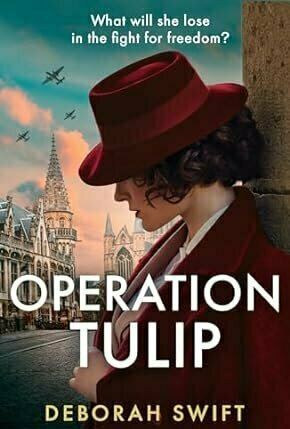
Operation Tulip (WW2 Secret Agent #3)
Book
Holland, 1944: Undercover British agent Nancy Callaghan has been given her toughest case yet. A key...
WWII Historical Fiction Holland Romance

